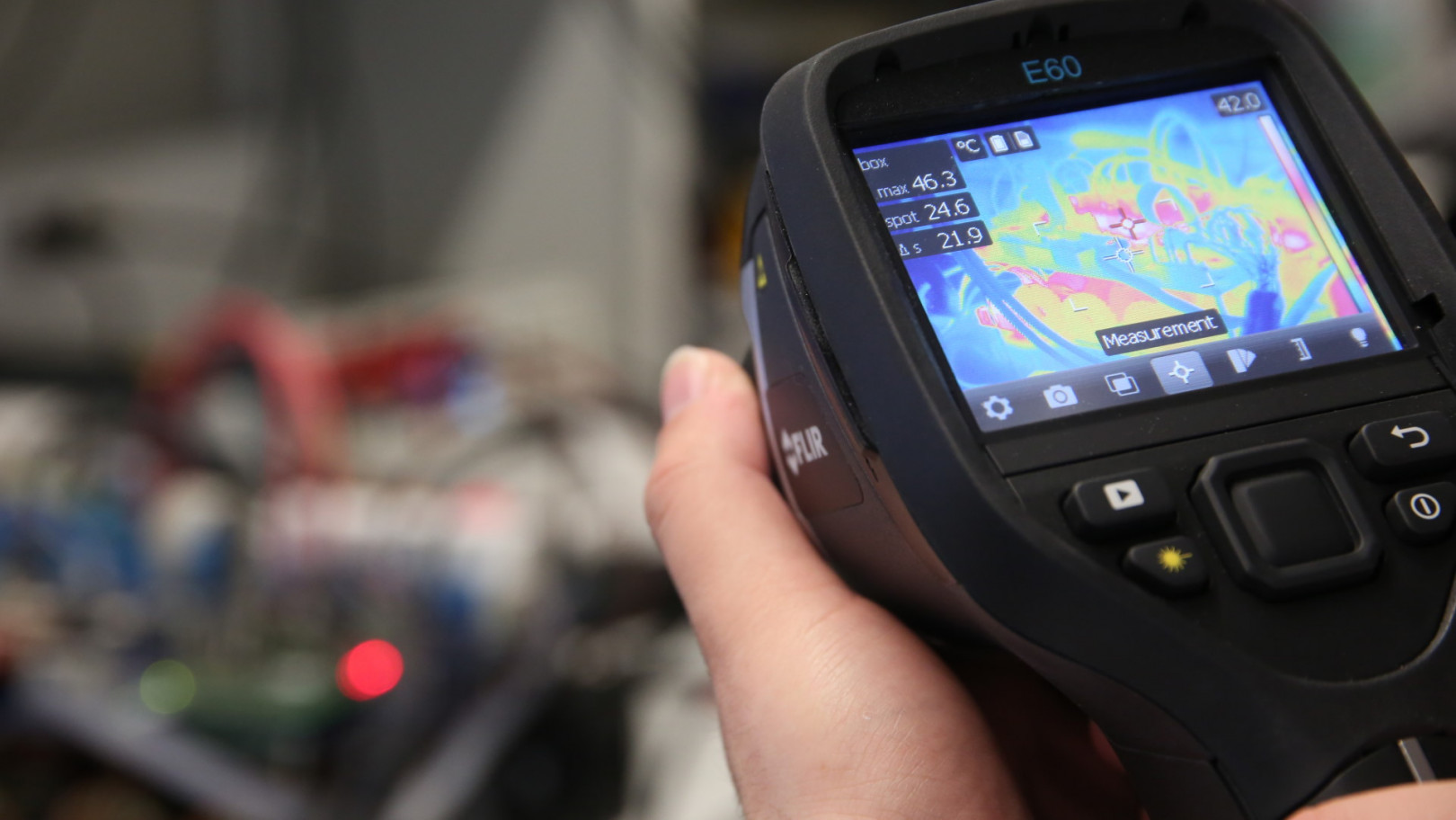INESC TEC develops platform for thermal energy reuse
INESC TEC’s Centre for Power and Energy Systems (CPES) is working on a platform that will help users to determine the costs and benefits related to the excess of heat/cold and to set requirements for the implementation of promising solutions.
23rd October 2019
EMB3Rs is the name of the project that promises to contribute to the reuse and/or commercialisation of thermal energy excess within an industrial process or within heat grids in regulated and liberalised markets.
Funded by the European Union (Horizon 2020), the EMB3Rs project results from a consortium consisting of European agencies, companies, universities and research centres and aims at developing a modular open source platform in order to simulate supply-demand scenarios for recovery and reuse of the excess of heat and cold. The platform, which is still in its early phase of implementation, will allow industrial users, among others, to explore and to assess the operability of new technologies and business models in the use of the excess of heat/cold.
INESC TEC’s contribution
CPES will contribute to the development of modules associated with innovative business models for the exchange of thermal energy in local energy communities. More precisely, this INESC TEC’s centre will be responsible for the development of peer-to-peer (P2P) markets for the exchange of thermal energy in an industrial and residential park.
The goal of CPES’s work is to enable platform users to simulate new business models, considering the thermal energy reuse for both industrial and domestic consumption. This way, different technologies of thermal energy reuse can be compared and analysed in different business models, taking into account different legislation, which can generate savings, increase revenues and improve the system’s efficiency.


